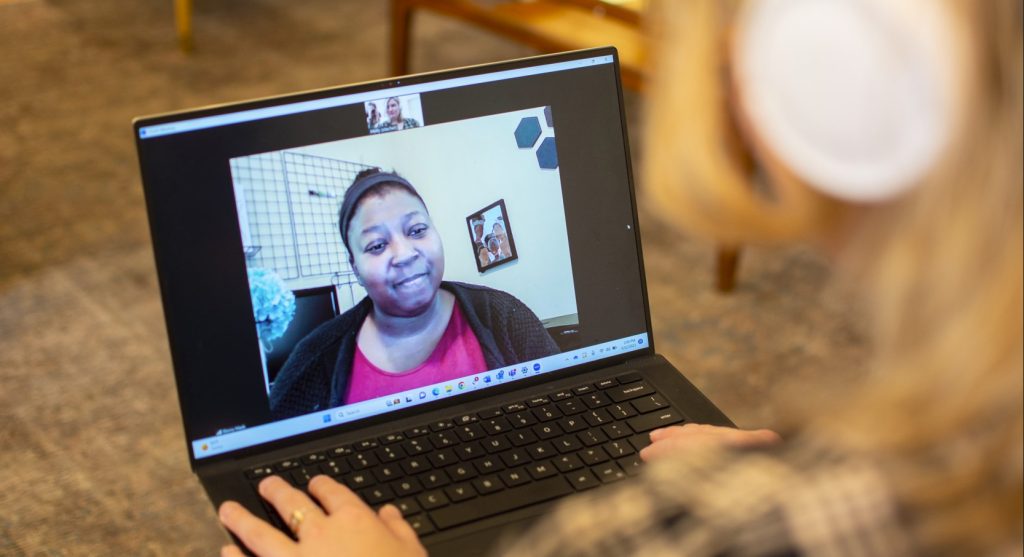President Biden announced a massive new federal law that promises to give millions of Americans – finally – access to broadband. It’s an initiative with wide-ranging implications. Just as the Rural Electrification Act of 1936 connected rural America to the electrical power grid, bringing electricity into their homes for the first time, the Broadband Equity, Access and Deployment (BEAD) Program will connect rural homes throughout Virginia to high-speed internet. Its impact will be no less dramatic.
Virginia is one of 10 states to receive more than $1 billion each from this new program.
“The VCTA-Broadband Association of Virginia is very pleased to see the federal investment in helping to bring universal broadband to unserved Virginians,” said Ray LaMura, VCTA-Broadband Association of Virginia President and Virginia Telehealth Network (VTN) board member. “We share in the mission of VTN and are committed to helping to ensure broadband access throughout the Commonwealth.”
Increased Access to Virtual Care
In 2019, one in 13 people in the Commonwealth lacked internet service, a reality that disproportionately affects not only rural areas of the state, but also those with household incomes below 150 percent of the federal poverty level as well as minorities, veterans, and individuals with disabilities, low levels of literacy, and English proficiency.
“We hear from our members that the areas that have the greatest connectivity needs are the same areas that could benefit most from enhanced access to telehealth,” said Mara Servaites, Executive Director of VTN. “These are the communities that also suffer from a lack of local health care providers, and so by increasing their connection to broadband, we are opening wide a door for these populations to access a range of health care services that were not available to them before. It’s a profound game-changer.”
VTN’s research confirms the impact that the BEAD Program will have on patients and providers across the Commonwealth. According to VTN’s 2nd Annual Benchmarking Telehealth Usage in Virginia survey, the highest priority need of three in four patients (73.5%) is improving internet connectivity. More than half of providers surveyed (54.3%) said that their practices would benefit by way of improved access to the web. Some 15% of providers say that they’re not offering a telehealth option because of patient limitations with technology access.
In announcing the BEAD Program, U.S. Sen. Mark Warner, who has been one of the champions in Congress for expanding broadband access, said: “This whopping $1.4 billion investment brings us a giant step closer to achieving our goal of universal broadband coverage in Virginia.”
The Senator said BEAD funds would be used by the Virginia Telecommunication Initiative (VATI) to reach unserved and underserved communities throughout the Commonwealth – those lacking 25/3 internet speeds and 100/20 internet speeds.
As policymakers work to revise Virginia’s telehealth plan, BEAD funding becomes a large focus of future efforts.
For additional resources related to increasing access to telehealth care for underserved communities and individuals experiencing barriers to access care, visit VTN’s Equity & Telehealth initiative.

